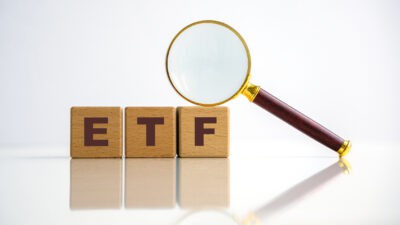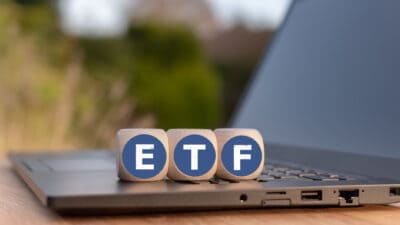The Vanguard Australian Shares Index ETF (ASX: VAS) is a popular index fund on our share market. In fact, VAS is so popular that it has occupied the top spot of both index funds and broader exchange-traded funds (ETFs) in terms of funds under management for many years now.
Yep, this ETF is, by a mile, the most popular index fund on the ASX, with over $16.8 billion in assets currently under management.
It's not too hard to see why.
For one, the Vanguard Australian Shares ETF is the only ASX index fund that tracks the S&P/ASX 300 Index (ASX: XKO), as opposed to the more widely-mirrored S&P/ASX 200 Index (ASX: XJO).
This means that an investment in VAS units represents an underlying investment into the largest 300 companies listed on the ASX by market capitalisation. For one, that includes everything from the big four banks like Commonwealth Bank of Australia (ASX: CBA) and Westpac Banking Corp (ASX: WBC) to BHP Group Ltd (ASX: BHP), Telstra Group Ltd (ASX: TLS), Woolworths Group Ltd (ASX: WOW) and Ampol Ltd (ASX: ALD).
But it also includes other companies like Harvey Norman Holdings Ltd (ASX: HVN), Reece Ltd (ASX: REH), JB Hi-Fi Ltd (ASX: JBH) and Xero Ltd (ASX: XRO).
ASX investors evidently love this instant diversification that VAS offers in just one ticker code, all at a relatively low price. Whilst the Vanguard Australian Shares ETF is not the cheapest ASX index fund on the market, it still charges a competitive 0.07% per annum fee.
But exactly how much has this popular index ETF returned to long-term investors? Well, that's what we'll be digging into today by discussing how much a $5,000 ASX investment in VAS units back in 2019 would be worth right now.
How much would a $5,000 ASX investment into VAS five years ago be worth today?
On this day in 2019, the Vanguard Australian Shares Index ETF closed at $84.61 per unit. If one had bought $5,000 worth of VAS at this price, they would have received 59 VAS units with a little change left over.
Today, those same units are worth $101.34 at the time of writing. That means our investors' 59 units would have a value of approximately $5,988.65 at this current pricing. That's a return worth roughly 19.77%, or 3.67% per annum.
Nothing to turn one's nose up against, of course, but still arguably not too impressive.
But we've forgotten to account for VAS' quarterly dividend payments. These, as any ASX index investor would know, typically make up a significant portion of the overall returns from ASX shares.
Since 4 November 2019, VAS has paid out 21 dividends, totalling $18.41 per unit, including the most recent payment ($1.04 per unit on 16 October).
This means our investor would have also received $18.41 for each of their 59 VAS units owned, for a total of $1,086.19 in dividend income.
This increases our total lump sum to $7,074.84 for five years of VAS ownership. That metric translates into an overall gain of 41.5%, or 7.19% per annum. Now that's an impressive figure.
Of course, past returns are never an indication of what one can expect to occur in the future. But this exercise certainly proves that an investment in this simple ASX index fund pays dividends (literally) for passive investors.









